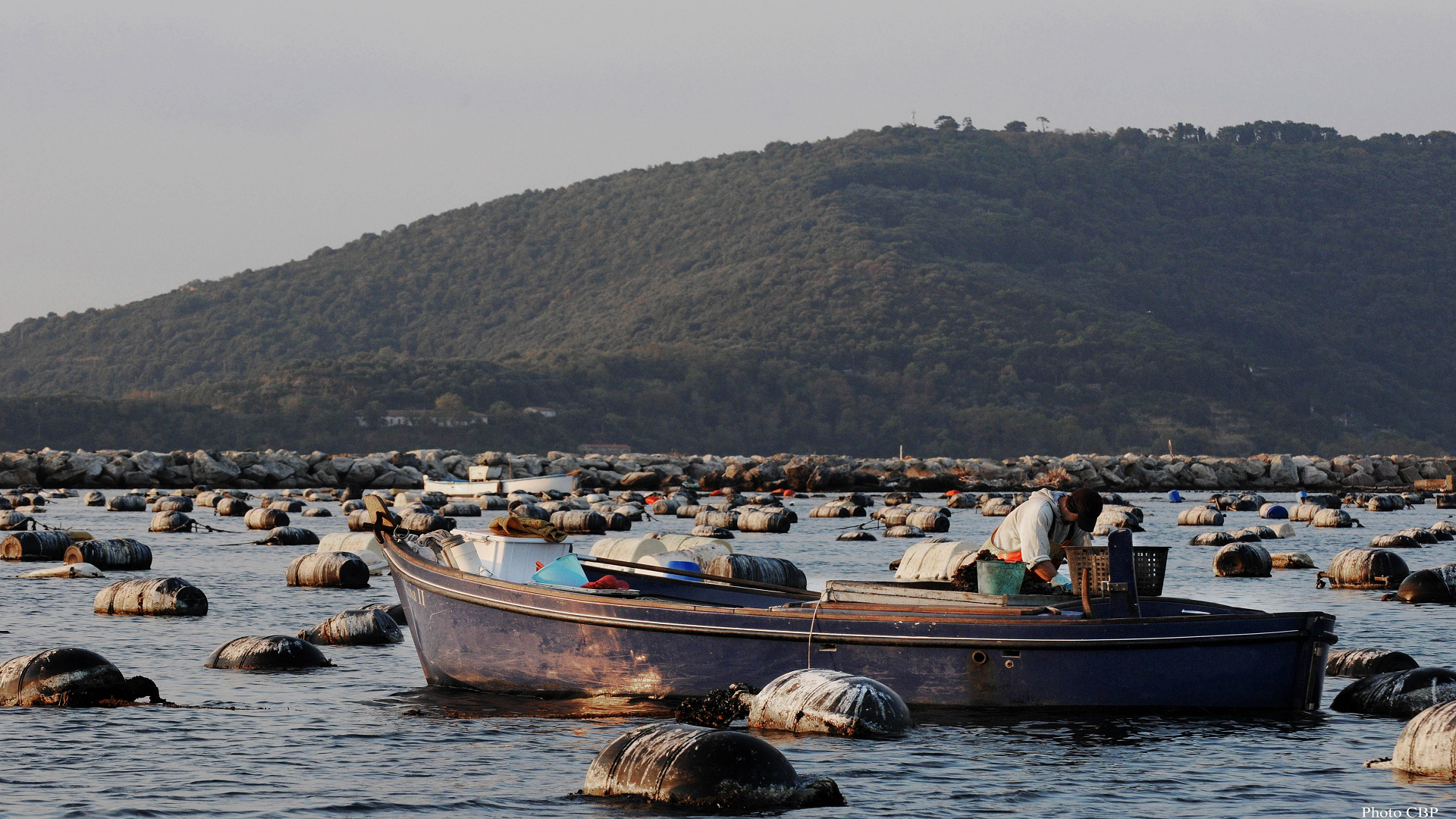Mussel Farming
Mussel farming is a tradition deeply felt by the people of the Gulf of La Spezia that has been passed on since the end of the 19th century. The Romans were the first to farm seafood and later on the Middle Ages monks carried on these activities.
Mussels – called "muscoli" by the locals instead of "cozze", like the rest of Italy – are an actual cultural element: they symbolize this landscape and the local cuisine.
Mussel farms are made of floating galvanized iron poles and nylon strings set just below the sea surface, which are replaced every three months. At this point, fishermen, on their typical boats called “schio”, pick up the biggest mussels.
At La Spezia, the local association “Cooperativa Mitilicoltori Spezzini” (literally, La Spezia Mussel Farmers’ Cooperative) offers a shared place to hand down the secrets of this job. A large white shed is the destination of all local mussel farmers (called muscolai), heirs of the cultural heritage of the gulf of La Spezia, Lerici, and Portovenere.
Address
19121 La Spezia SPInteresting facts

Mussels, or “muscoli” as they are called by the locals, are a proper cultural element here: they represent the local landscape and cuisine. La Spezia is home to an ancient mussel-farming tradition that has been active since as early as 1800. But why do locals call these shellfish “muscoli” and not “cozze” like in the rest of Italy? In order to respond to this interesting question, we need to look up in a Latin dictionary: the word “muscolo” comes from the Latin word “musculus”, meaning “sea mussel”.
titolo popup
descrizione popup


